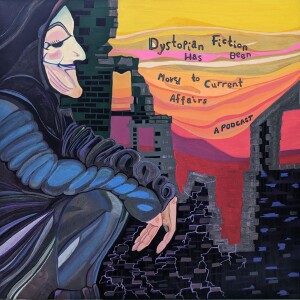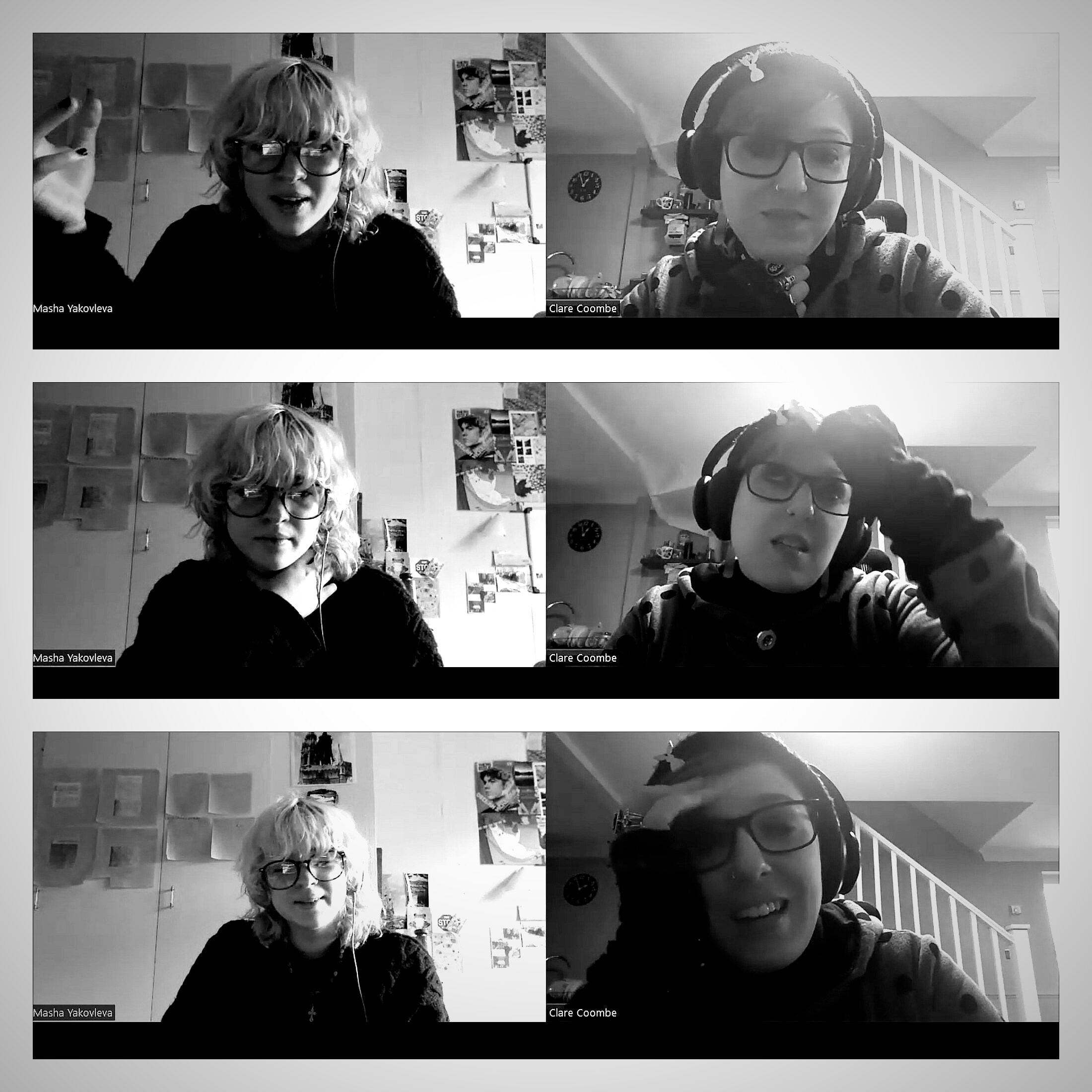Support Us
We are committed to avoiding adding to the consumerist culture of which advertising is so indicative. If you want to help us in this endeavour, please consider making a small donation to help cover our costs. Every little helps, even just the cost of a cup of coffee, which you can give via our sister project Being Society's Ko-Fi page.
You could also subscribe to our free Substack fortnightly newsletter for even more dystopian content.
We understand that these are difficult times, so you can also rate and review us on your preferred podcast provider, follow us on Spotify, Podbean, or wherever, and engage with us on Instagram.










